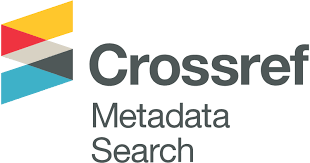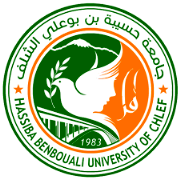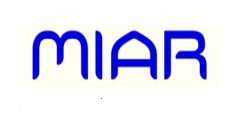Literary Research in Relation to the Scientific Method
DOI:
https://doi.org/10.70204/jlt.v5i2.770Keywords:
literary research, scientific method, interdisciplinarityAbstract
The cumulative expansion of human knowledge over the centuries has given rise to a phenomenon of hyper-specialization across the sciences and various fields of inquiry. This trend has led many disciplines to fragment and assert their autonomy, resulting in increasing separation and epistemic isolation. Such fragmentation, however, has erected barriers between domains and limited opportunities for openness and interdisciplinary dialogue. In response, a growing body of scholars and researchers has called for a critical re-evaluation of this condition, advocating for integrated knowledge—an approach widely known today as interdisciplinarity. Literary studies represent one domain actively involved in this intellectual shift. Literary research has followed a scientific trajectory that calls for analyses from diverse angles, tools, ideas, and perspectives, moving it toward an interdisciplinary framework. This shift has encouraged openness to various fields of knowledge, allowing literary studies to draw upon and reformulate external methodological tools and procedural concepts as part of its own analytical foundation. The nature of literary inquiry—focused on the study of literary phenomena—often subjects it to the tension between the demands of scientific precision and the inherent impressionistic, subjective, and emotional dimensions of its object of study. From this standpoint, the present study seeks to answer the following questions: In what ways does literary research demonstrate its scientific character through its methodological elements? Can aligning it with scientific methods foster objective balance? To what extent does interdisciplinary collaboration—between literary research and scientific methodologies in terms of tools and procedural concepts—contribute to producing accurate and meaningful analyses of literary phenomena? And finally, does this intellectual intersection elevate literary studies to the level of the abstract and exact sciences?














